Are you looking to lose weight, but feel like you’ve tried everything and still can’t seem to drop those unwanted pounds? If so, you may be wondering if a custom weight loss plan is right for you.
At its core, a custom weight loss plan is exactly what it sounds like: a plan that is tailored specifically to your unique needs and goals. But of course, there’s a lot more that goes into it than that. Let’s take a closer look at what’s involved in creating a custom weight loss plan – from working with a professional nutritionist or dietitian to figure out the best approach for you, to educational resources and ongoing support throughout your journey.
What’s The Overall Goal for Weight Loss or Maintenance?
People have different goals for weight loss, ranging from losing a few pounds to completely transforming their lifestyle. Some focus on sustainable exercise formats, i.e. ones they enjoy, while others put more focus on improving their diet with a custom meal plan full of nutrient-rich foods. Ultimately, people seek to lose weight for varied reasons such as improving self-esteem, reducing health risks related to obesity, increasing energy levels, or simply feeling better in general. Sustainable exercise and eating habits are often the best tools for achieving one’s desired results because it combines healthy eating habits with physical activity that can be scaled up without sacrificing long-term health outcomes.
How to Determine a Person’s Most Healthy Weight
A fitness coach or nutritionist uses several factors to determine individual health and the most appropriate weight for their clients. This could include taking into account an individual’s current weight, dietary history, exercise level, medical history, body mass index – BMI, body composition, and lifestyle choices. To map all these variables together, a fitness coach needs to have conversations about all these details with their clients for them to have an in-depth understanding of what is needed to achieve the client’s optimal healthiest weight.
Understanding Current Fitness Capabilities
Understanding a client’s current fitness abilities and levels is essential for any fitness coach designing a weight loss plan. Knowing what exercises a client can already perform, their limitations, and general health information gives coaches the ability to create an individualized plan that can be both comfortably implemented and yield real results. With too much stress on the body too quickly, users may become injured or discouraged by their inability to sustain growth or even see results. A customized plan that progresses gradually allows users to start making positive changes in their lifestyles gradually and with confidence, so they can achieve their long-term goals in terms of fitness and weight loss.
How Diet and Exercise Work Together
A nutritionist and fitness coach can incorporate a custom meal plan into a weight loss plan in a variety of ways. Firstly, they will assess an individual’s current dietary habits and tailor the meal plan at hand to that individual’s needs. Nutritional recommendations and strategies will be developed accordingly, focusing on satisfying hunger and providing adequate energy without overeating or eating foods that are not conducive to weight loss goals. Furthermore, portion sizes will be adjusted to meet target energetic requirements such as protein, carbohydrate, fat, and sugar intake. Finally, education is an equally important component of the program – providing clients with knowledge about the types of food choices that make up a healthy diet according to their target weight loss goals.
Medical Conditions to Be Mindful Of
Fitness coaches are an essential resource for clients looking to improve their fitness level and overall quality of life. However, they must ensure they are providing professional guidance focused on the safety and well-being of their clients. Before starting a customized weight loss program, coaches should be aware of any underlying health conditions that may put the client at risk. Conditions such as diabetes, cardiovascular disease, hypertension, and sleep apnea can all affect health outcomes if not addressed or taken into consideration when planning a workout or nutrition plan. Additionally, muscle and joint conditions such as arthritis can be exacerbated by certain forms of exercise; instructors need to recognize any physical limitations that could affect exercise choices. Creating a safe and effective fitness program tailored to the individual’s needs is essential for successful weight-loss management.
Get Started with Total Health and Fitness Today
We’re more than a gym; we’re a team of personal trainers, fitness professionals, and nutrition experts. If you’re ready to finally make some lasting changes when it comes to your health and fitness level, then read on for more information about custom weight loss plans!








